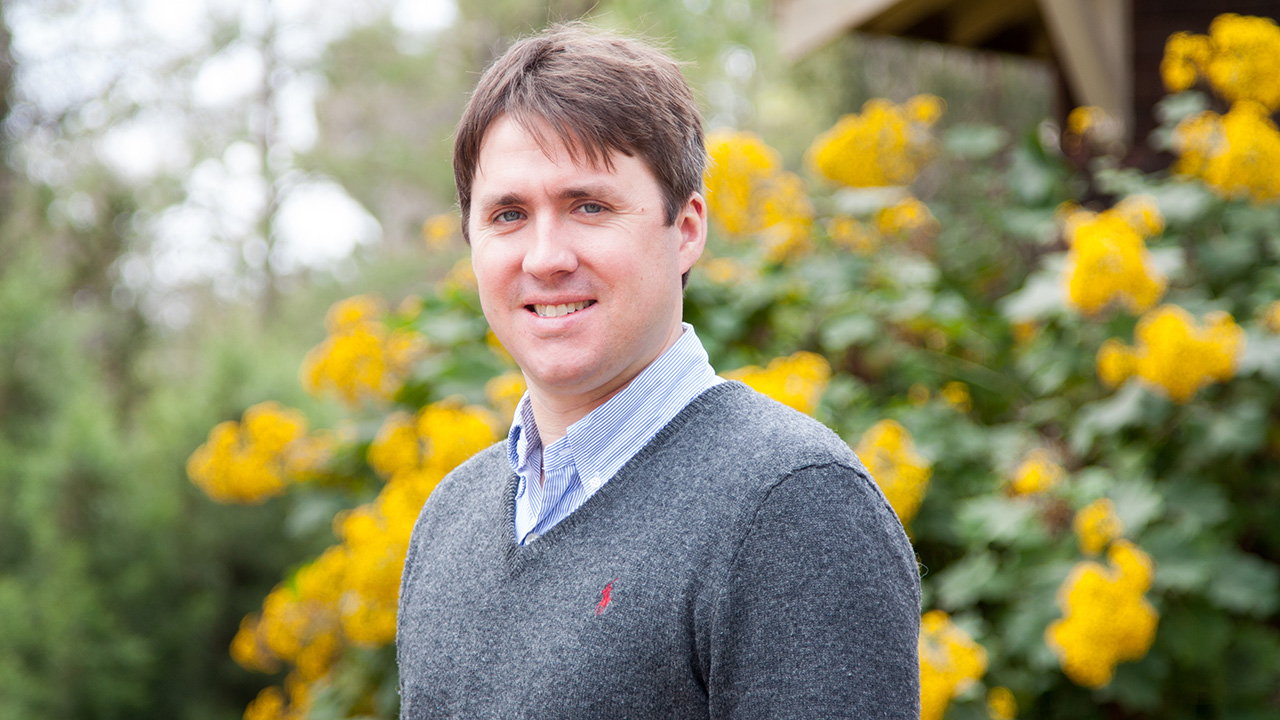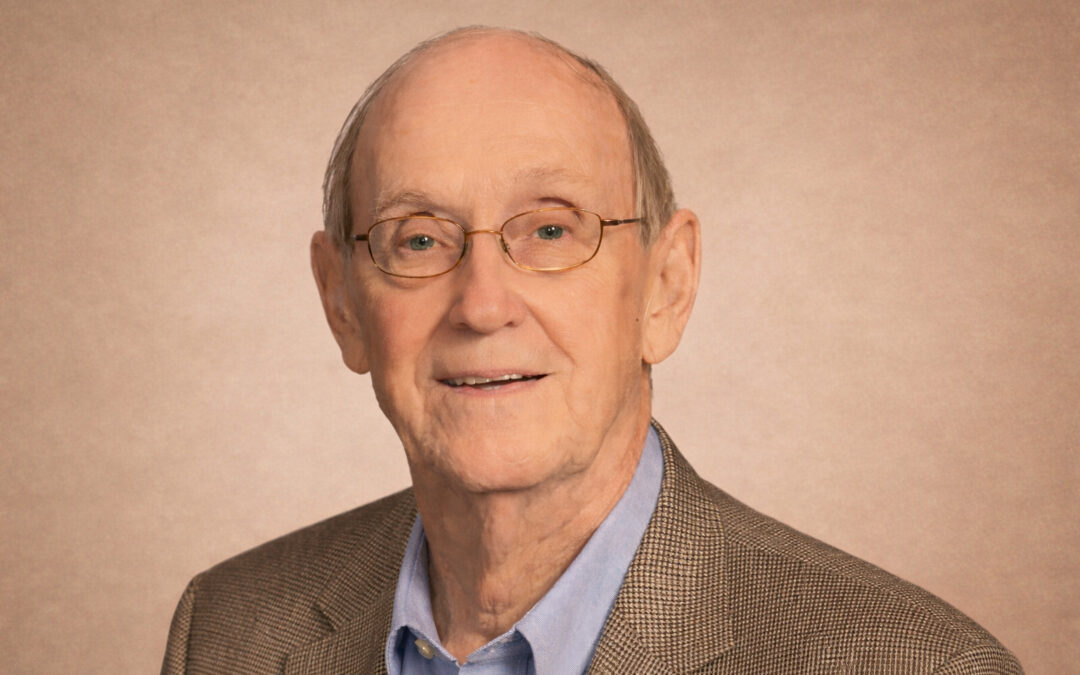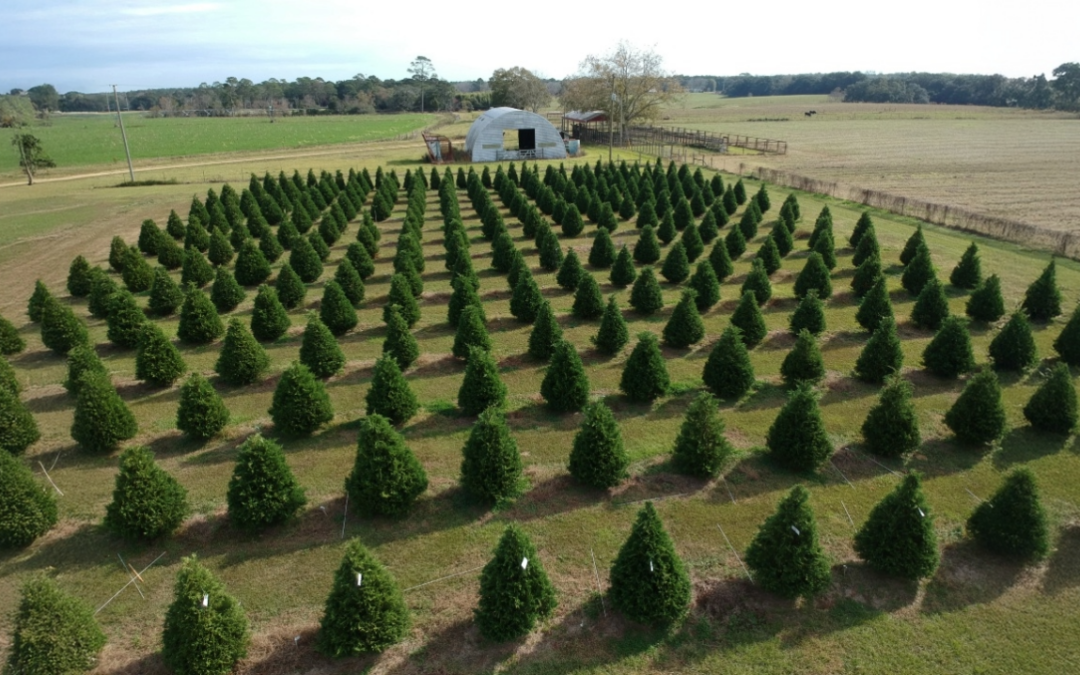Andrew L. Rypel will serve as director of the Auburn University School of Fisheries, Aquaculture and Aquatic Sciences, effective March 22. He comes from the University of California at Davis, where he currently serves as director of the Center for Watershed Resources and professor and Peter B. Moyle and California Trout Endowed Chair in the Department of Wildlife, Fisheries and Conservation Biology.
“Dr. Rypel’s academic and research background, and particularly his successful leadership experience, position him well for his new director position at Auburn,” said Paul Patterson, dean of the Auburn College of Agriculture. “He has a strong record of strengthening programs through financial and operational growth as well as research impact.”
As director of the UC Davis Center for Watershed Resources, Rypel grew the center’s grant awards and research and development expenditures by more than 300%. He also developed and launched a competitive grants program aimed at enhanced engagement through interdisciplinary team science, among many other accomplishments.
“I am so humbled and honored to return to Auburn University and the School of Fisheries, Aquaculture and Aquatic Sciences, where my academic and science journey began,” Rypel said. “This is an exciting time for the fields of aquaculture and fisheries, and Auburn is poised to lead again into the future. I look forward to working with the talented faculty, students, staff and many old and new partners to advance the tradition of excellence that Auburn Fisheries is known for.”
Before his time at UC Davis, Rypel served as research fishery ecologist for the Wisconsin Department of Natural Resources.
Rypel earned his master’s degree from the Auburn Department of Fisheries and Allied Aquacultures, now the School of Fisheries, Aquaculture and Aquatic Sciences. He earned his undergraduate degree from Saint Louis University and his Ph.D. from the University of Alabama, Center for Freshwater Studies.





